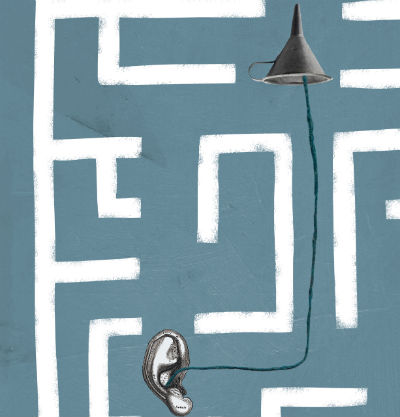Submitted by jhortolani on
This report is part of CRIN's access to justice for children project, looking at the status of the Convention on the Rights of the Child (CRC) in national law, the status of children involved in legal proceedings, the legal means to challenge violations of children’s rights and the practical considerations involved in challenging violations.
Chile has ratified the CRC which takes precedence over national laws and can be directly enforced in the national courts. The Chilean courts have applied the CRC, but it is not applied methodically throughout all courts and has sometimes been interpreted in a manner inconsistent with the Convention. Children through their representative can bring complaints in front of all courts in Chile, including criminal complaints, civil claims and constitutional challenges, and parents do not have to agree to a case being brought. Legal aid is available to children and their representatives when bringing cases and pro bono legal services are offered by law firms. While judges have the power to combine cases to offer clear and consistent pronouncements of the law, group action is generally not a possibility, unless brought under the Consumer Protection Act. Individuals or groups of individuals, including children, and NGOs may submit petitions to the Inter-American Commission on Human Rights. If the State does not comply with the recommendations of the Commission, a case can be referred to the Inter-American Court of Human Rights.

